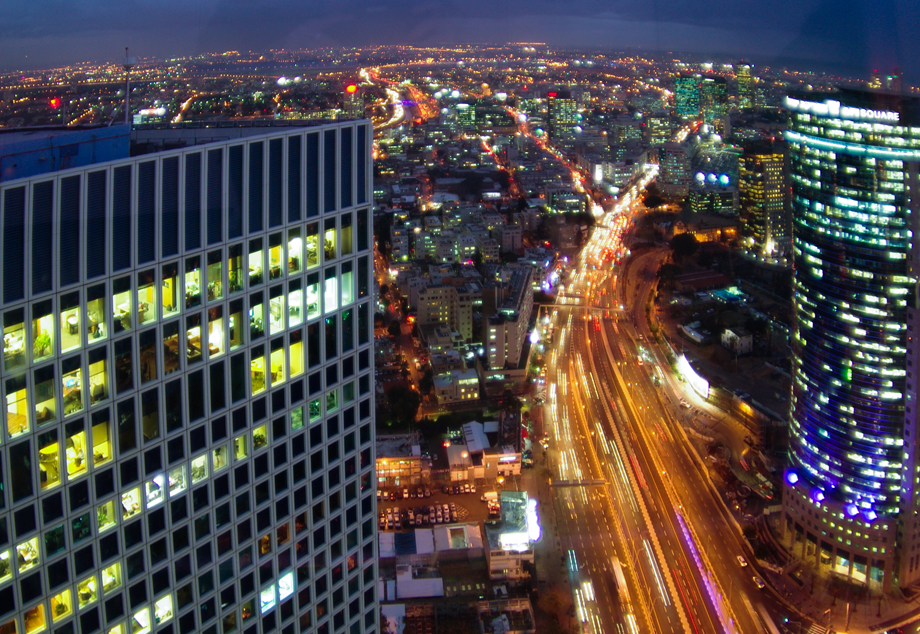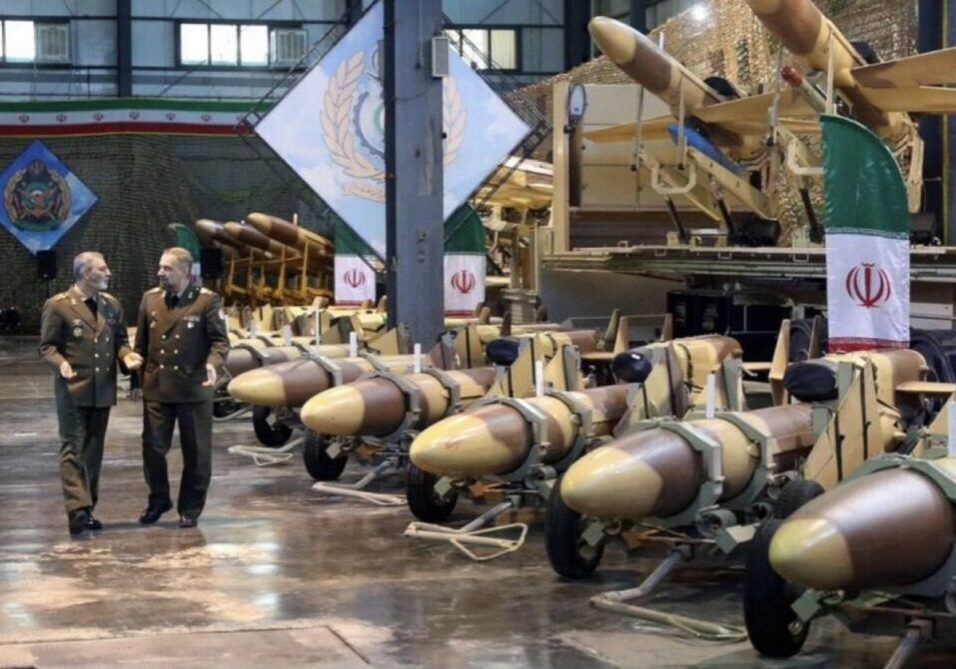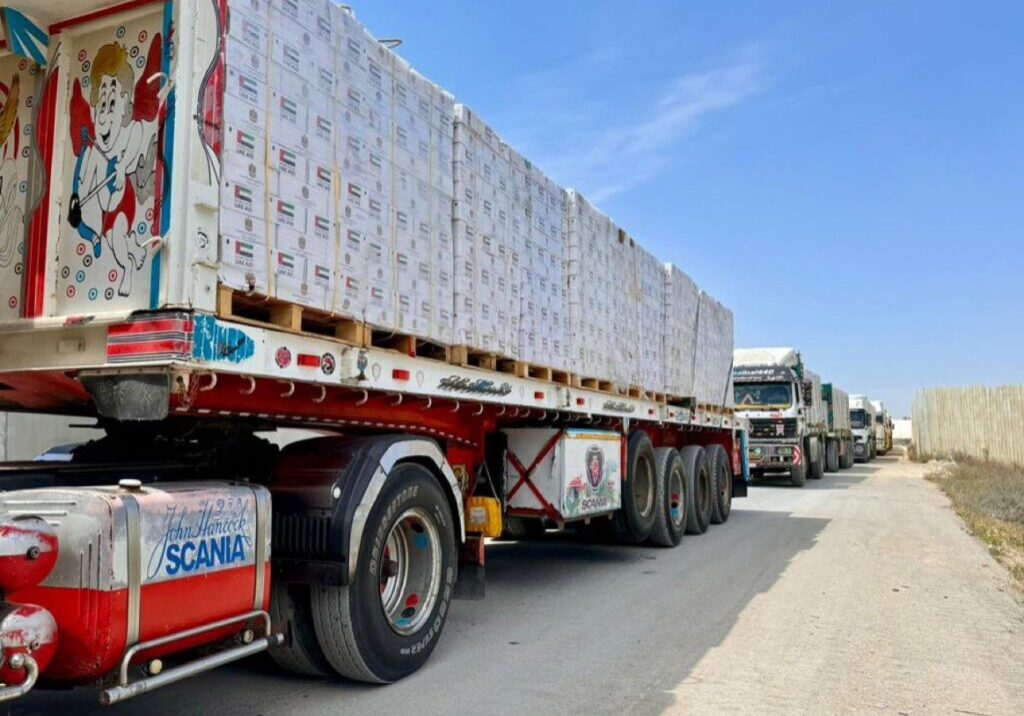Australia/Israel Review
A stunning economic success story
May 8, 2018 | Amotz Asa-El

Amotz Asa-El
Economist and former Mexican President Carlos Salinas once cited the lamentation of another former Mexican President, Porfirio Díaz, that Mexico’s problem was that it was “so far from God, so close to the US.” He then asked Israeli economist Jacob Frenkel what Israel’s central economic problem was.
“Ours is the opposite of Mexico’s,” said the longtime Governor of the Bank of Israel, “we are too close to God and too far from the US.”
This quip, made in the 1990s, was a late echo of the thankless circumstances of geographic remoteness, political isolation, and geological poverty under which the Israeli economy was built.
Vastly outnumbered and outgunned, Israel’s founders were compelled to regularly spend a fortune on defence, even while lacking oil, gas, gold, iron, coal, timber, or water. Worse, Israeli industrial products could not be sold in their most natural markets because Israel’s Arab neighbors boycotted its economy.
Moreover, the Arab Boycott organsation also pressured distant companies not to do business with Israel, making many – from oil giants like Shell through food conglomerates like Nestle to carmakers like Toyota – avoid trading in or with the Jewish state.
On top of these physical and political constraints, the Israeli economy also suffered from decades of unaffordable socialism and sclerotic central planning that produced a bloated public sector, inefficient utilities, an overtaxed private sector, and over-priced imports due to protective tariffs.
All these, coupled with the exorbitant costs of the Yom Kippur War of 1973 and the Lebanon War of 1982, resulted in hyperinflation which by early 1985 exceeded 400%, while the national debt climbed to 270% of the gross domestic product.
Israel was pitied as an economic failure, the shekel was ridiculed as paper money, and foreign currency reserves were evaporating so quickly that Israel was less than half-a-year away from losing the ability to buy even a single barrel of oil.
One generation on, Israel’s economy is a stunning international success story.
Israel’s economic growth has been the fastest in the developed world so far this century. Public debt, at 59% of GDP, is lower than in Germany, Britain, France and the US. Inflation and unemployment, 0.4% and 4% respectively, are among the lowest in the world; the shekel is stronger than the dollar, the euro, and the pound; foreign-direct investments since 1995 average nearly US$5 billion annually, and last year totaled US$25 billion in the last quarter alone.
Per-capita GDP, at US$37,900, has surpassed Italy’s and is expected to surpass Britain, France and Japan’s within half-a-decade. Exports, which last year crossed the US$100 billion mark, have seen Israel develop a trade surplus, while the foreign currency reserves of the country that in 1985 was on the brink of spending its last dollar are now at a record US$113 billion.
What caused this spectacular transformation?
In the immediate sense, the cause was political action. In a deeper sense, Israel’s economic success is a product of its Jewish heritage and legacy.
The politicians first acted in 1985. Led by Shimon Peres, the Government swiftly executed a secretly-planned package of drastic measures that added up to shock therapy.
The first measure was a 20% cut in defence spending, followed by sharp cuts in the rest of the budget. Then the Government froze all public-sector hiring and salaries. Then it convinced the unions to agree to abandon labour agreements that indexed salaries to inflation.
Next, the Government abolished subsidies for food and public transport, and froze, by emergency decree, all retail prices for six months. It slashed import duties and began cutting taxes. Then it had the Knesset make it illegal to print money as a way to cover deficits. Finally, it transferred responsibility for setting interest rates from the Treasury to the Bank of Israel, thus depoliticising monetary policy.
Collectively, this package reduced the amount of money in circulation, raised the amount of goods in stores, and rationalised pricing. Consequently, interest rates soared, prices dropped, and inflation plummeted, diving within months to less than 30%.
The government later cancelled its biggest public-works scheme, a multi-billion-dollar project to build an Israeli fighter jet, resulting in some 2,000 engineers and technicians losing their jobs. Worse, the country’s biggest employer, the bankrupt, union-owned holding company Koor, fired 10,000 of its 32,000 workers, while its healthier parts were spun off to private investors.
Many feared that this pair of layoffs, the largest in Israeli history, would spark a brain-drain and lead to economic stagnation.
Instead, the laid-off engineers started up their own companies, employing each other and also creating new jobs while successfully raising capital on Wall Street. Israelis discovered the thrill of private enterprise, and many became rich by inventing things like video pills, the disc-on-key, driving-assistance systems, firewall software, and medications for Parkinson’s Disease and Multiple Sclerosis.
A second round of reforms came last decade, when Benjamin Netanyahu, as Ariel Sharon’s finance minister, slashed social spending, cut taxes, raised the retirement age, privatised union pension funds, reformed the long-term savings industry and sold off almost any state asset he could, from oil refineries and banks to the national airline El Al.
Israel thus completed a dramatic transition from socialism to capitalism. The 1985 emergency plan became a textbook economic reform now studied in universities worldwide.
One uniquely Israeli factor in the plan’s success was the politicians’ ability to unite in the face of crisis, by setting up a broad government where the prime minister was Labor’s Peres while the Finance Minister was Yitzhak Modai of the Likud, a wealthy cosmetics-factory owner.
This collaboration between political antagonists was something that, in this decade, Greece failed to do during its own economic crisis. It was possible in Jerusalem because Israel, unlike Greece, faced enemies ready to attack it. The politicians knew that if they didn’t jointly reinvent the economy – the country might not survive.
Still, beyond this political background, Israel’s economic success also benefitted from a national mindset forged over the centuries of landlessness, dispersal and discrimination that often led Jews into finance and entrepreneurship.
Given a chance to assume responsibilities previously placed in the hands of bureaucrats, Israelis rose to the occasion. Had it not been for popular embrace of capitalistic opportunity, the private sector would never have doubled from 30% of the economy in the 1980s to 60% today. And had it not been for their forebears’ entrepreneurial zest, Israeli inventors and executives would not have last year alone made US$23 billion – equal to almost a tenth of the overall economy – by selling Israeli technology firms abroad.
The same goes for the historic Jewish appreciation for merit, which the new economy embraced.
Over the centuries, rich Jews have often married off their daughters not to their fellow rich man’s son, but to the humbly-born genius from the local Talmudic academy. Money thus repeatedly married brains, and intellect was appreciated more than birthright, legitimising and accelerating a uniquely Jewish pattern of social mobility.
Similarly, the Jewish institution of compulsory education back in the Roman era, centuries before any other civilisation, encouraged a culture of curiosity and self-fulfillment which the new Zeitgeist celebrated.
Lastly, the Jews’ presence over the centuries in multiple countries as a minority forbidden to own and farm land turned many of them into canny entrepreneurs. That legacy traveled with the Jews as they returned to their land. It took several decades to be fully awoken, but once it had, the combined Jewish historic legacy of enterprise, literacy and global horizons proved more precious than the oil, gold, and water that their land never provided.
Over a single lifetime, a mere 70 years, with none of these things, from highly inauspicious beginnings, they have built what is now one of the world’s most vibrant economies.
Tags: Israel






